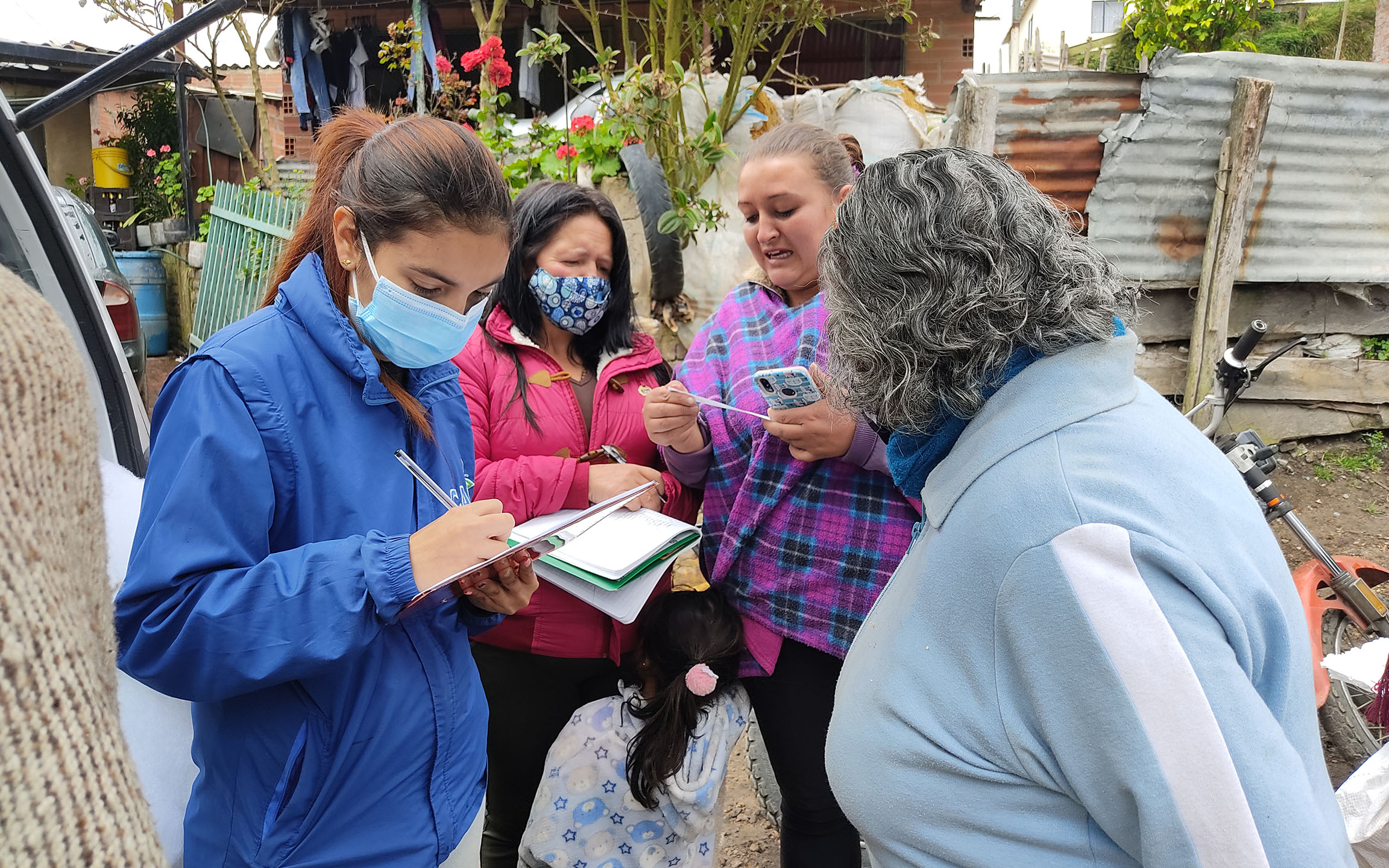"Study of the Participation of Women in Water Management in Communities of Cundinamarca"
The UNESCO Chair on Sustainable Water Security at the Institute of Environment in FIU hosted the Validation Workshop of the results of the "Study of the Participation of Women in Water Management in Communities of Cundinamarca, Colombia".
The workshop took place via Zoom and the event was held in Spanish.
Date: October 1, 2021
Location: Virtual
______
Gender inequities in decision-making processes related to the management of water resources represent a global challenge with social and environmental implications. The importance of the contribution of women in the provision, protection, and administration of water has been recognized by the international community for several decades. However, the gender gap in terms of who makes decisions and benefits from those decisions persists.
In Latin America and the Caribbean (LAC), despite important advances in gender equality policies in recent times, problems associated with gender disparity and information gaps persist on the extent of these disparities in the water sector. This situation is even more evident in rural areas, where water management systems tend to be more informal and fewer research studies focused on gender exist.
Understanding that a gender perspective is essential for a complete and effective assessment of water resource management, the Chair of Sustainable Water Security at the Institute of Environment in Florida International University carried out a research study focused on the participation of women in water management in rural areas of Cundinamarca, Colombia. Using the methodology for gathering water and gender data developed by UNESCO's World Water Resources Assessment Program (WWAP), information was collected and analyzed for a selection of Community Aqueduct Associations (AAC) in rural villages of Cundinamarca.
The main objectives of the research were:
- To provide information to local actors on the current participation of women in water management in rural areas of Cundinamarca, Colombia
- To contribute to the development of the capacity to collect and analyze water data disaggregated by gender in the country, and
- To implement the Water and Gender indicators of the UNESCO WWAP program to generate comparable information at the regional and global levels.
The study was developed with the support of national entities (the Regional Autonomous Corporation of Cundinamarca -CAR- and the Institute of Hydrology, Meteorology, and Environmental Studies - DEAM-) and international entities (the Intergovernmental Hydrological Program for Latin America and the Caribbean – PHI-LAC and the World Water Assessment Program – WWAP).
In the reference event, the results of the "Study of the Participation of Women in Water Management in Communities of Cundinamarca" were presented. In addition to participants from partner national and international organizations, representatives of the A.A.C. from the region contributed their opinion on the study and its conclusions. Likewise, participants had the opportunity to make proposals to expand or consolidate the final report of the study.
